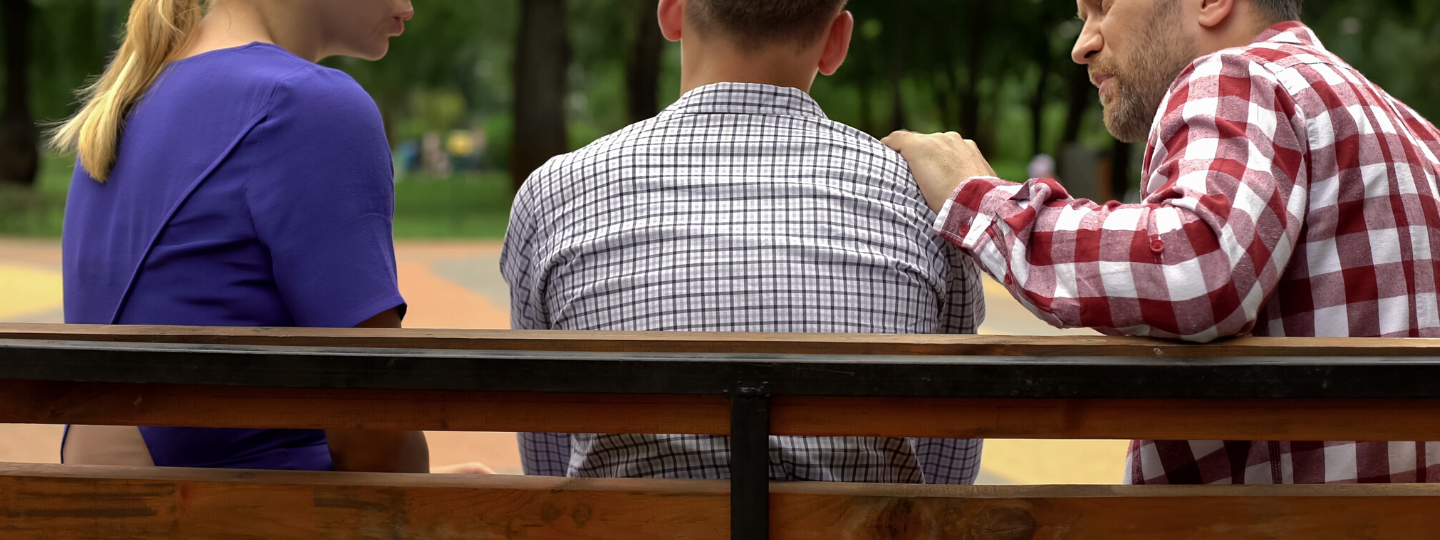Without being able to go to class because of Covid-19, you may have been forced to do all your school work from home.
Up until recently, school more than likely involved direct teacher support, and a structured learning environment. Self-guided study is not something that comes naturally to many of us.
Whether school was something you loved or hated, having to do school work from home can bring a whole new set of challenges. These can differ depending on your circumstances but can include:
- Feeling overwhelmed with the volume of work
- Not understanding what’s required, or feeling lost
- Not having a decent computer/device or enough phone data to access online work
- A lack of a quiet workspace to concentrate
- Having to care for others in the household
- Feeling there is no point in keeping up with schoolwork, particularly with uncertainty around exams.
If you’re struggling to keep on top of schoolwork, you could also experience feelings of guilt, frustration, anger or stress. Know that you’re not on your own. It could be really helpful to reach out and let teachers know how you are managing.
Below, watch teacher Darren Byrne talks about staying connected with school.











